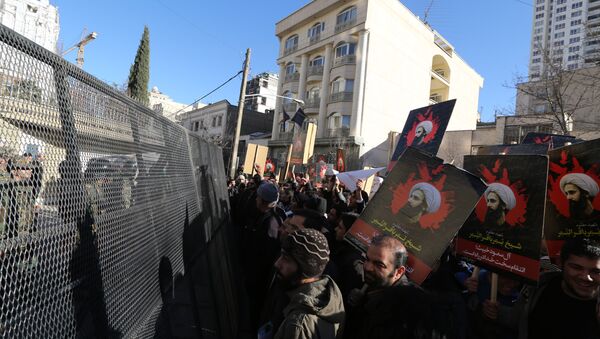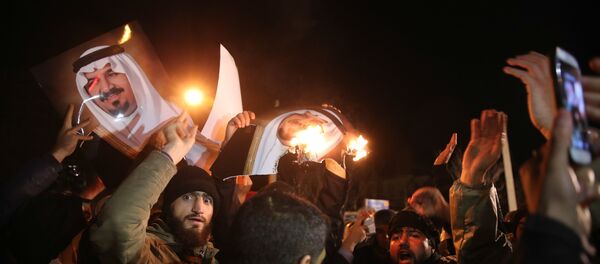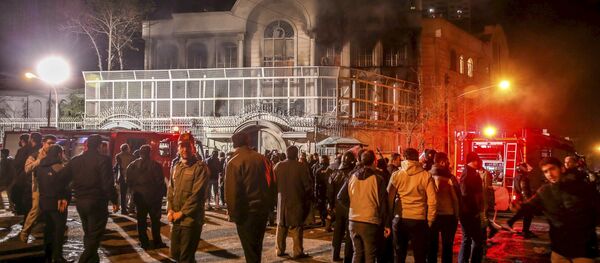“I believe that Saudi Arabia is making a serious mistake by escalating the diplomatic crisis with Iran,” Kirakou said. “There is much more at stake than just bilateral Saudi-Iranian relations.”
Saudi King Salman’s sudden action in cutting air connections and diplomatic ties with Tehran ran counter to US efforts to build a working relationship with Iran and finally end the four-year-old Syrian conflict, that has taken around 400,000 lives, Kiriakou noted.
“The United States is deeply interested in maintaining the forward momentum from the Iran nuclear deal, and the State Department does not want anything to stand in the way of Syria peace talks. A regional skirmish in the Gulf could jeopardize all of that,” he explained.
“The Saudi actions, I believe, are products of an inexperienced king who has placed a great deal of responsibility in the hands of his even more inexperienced 30-year-old son as Defense Minister and Deputy Crown Prince [Mohammed bin Salam],” he said.
On January 2, Riyadh executed top Shiite cleric Sheikh Nimr al-Nimr, inciting a response in Tehran, where the Saudi embassy was stormed by protestors. On Monday, Saudi Arabia formerly severed diplomatic ties with Iran, and were joined by Bahrain, the United Arab Emirates, and Sudan.
Both Turkey and Russia have offered to diplomatically mediate talks between Saudi Arabia and Iran to deescalate the situation. Each nation is part of the Syria peace talks, which recently established a firm timetable for a political transition in the war-torn country.





